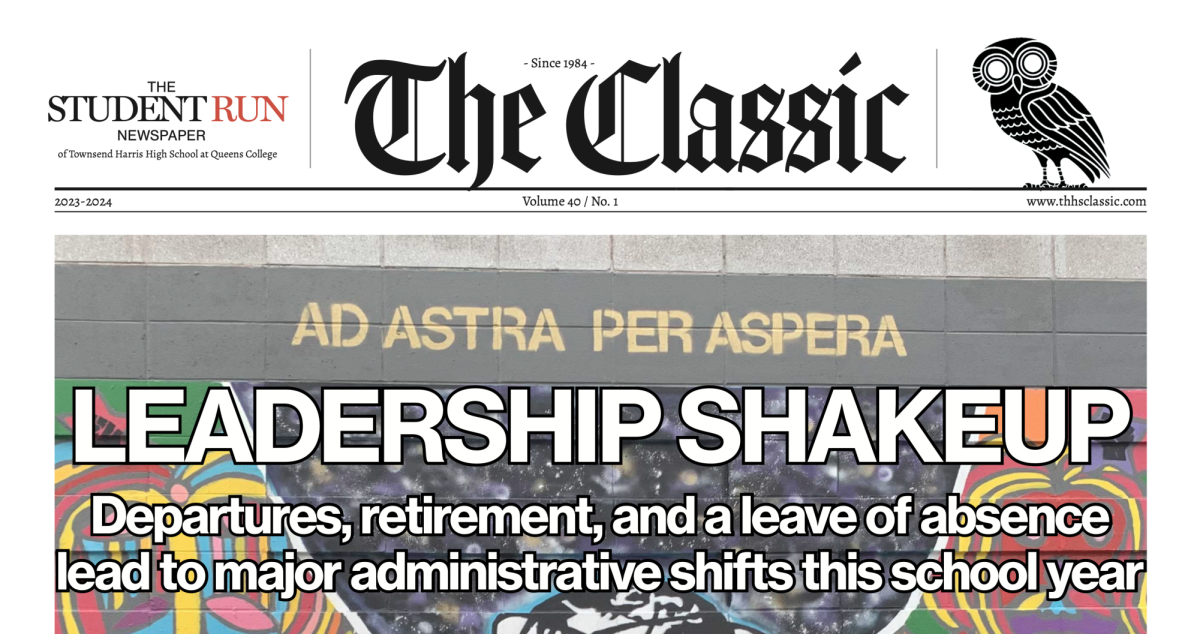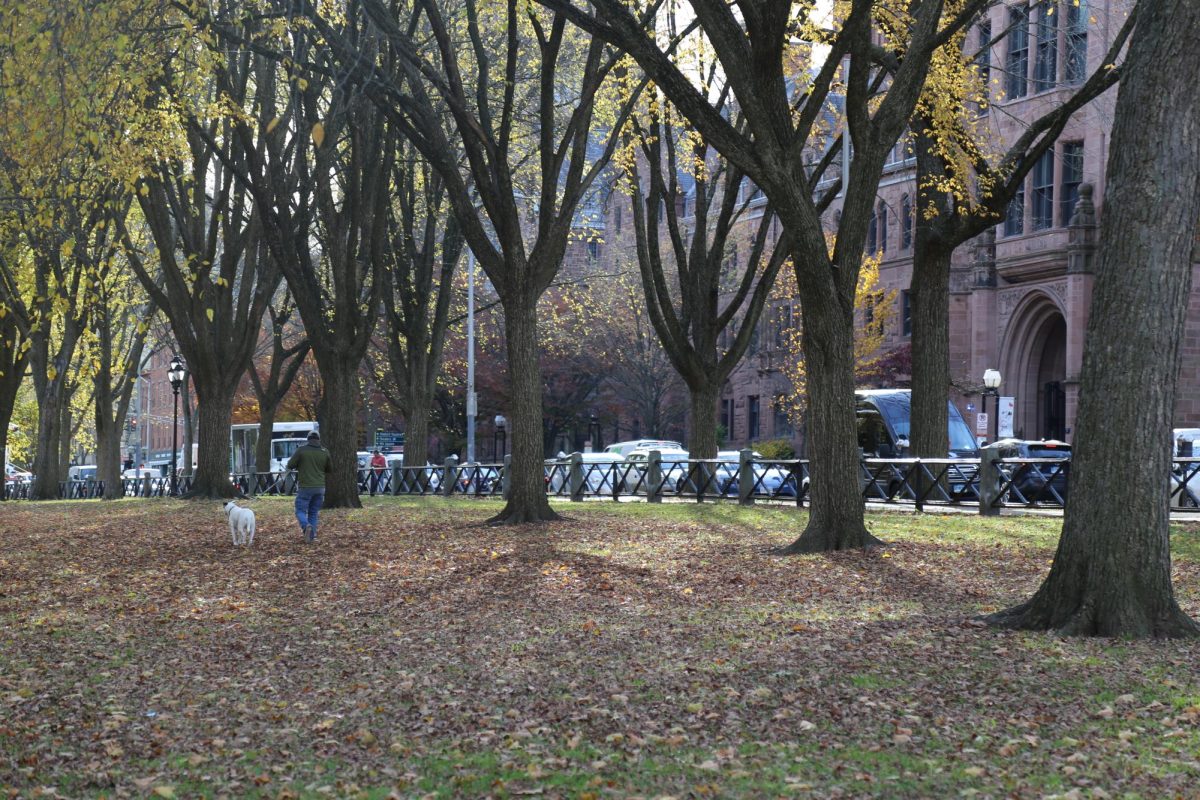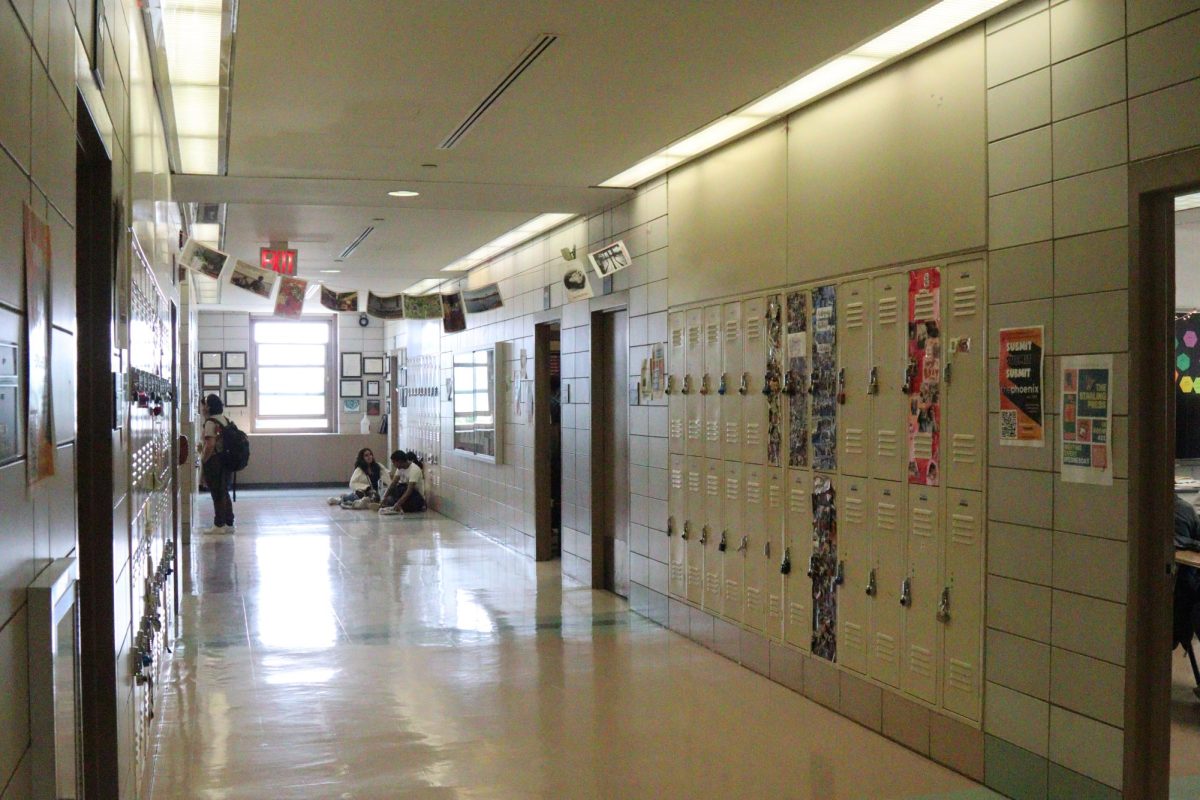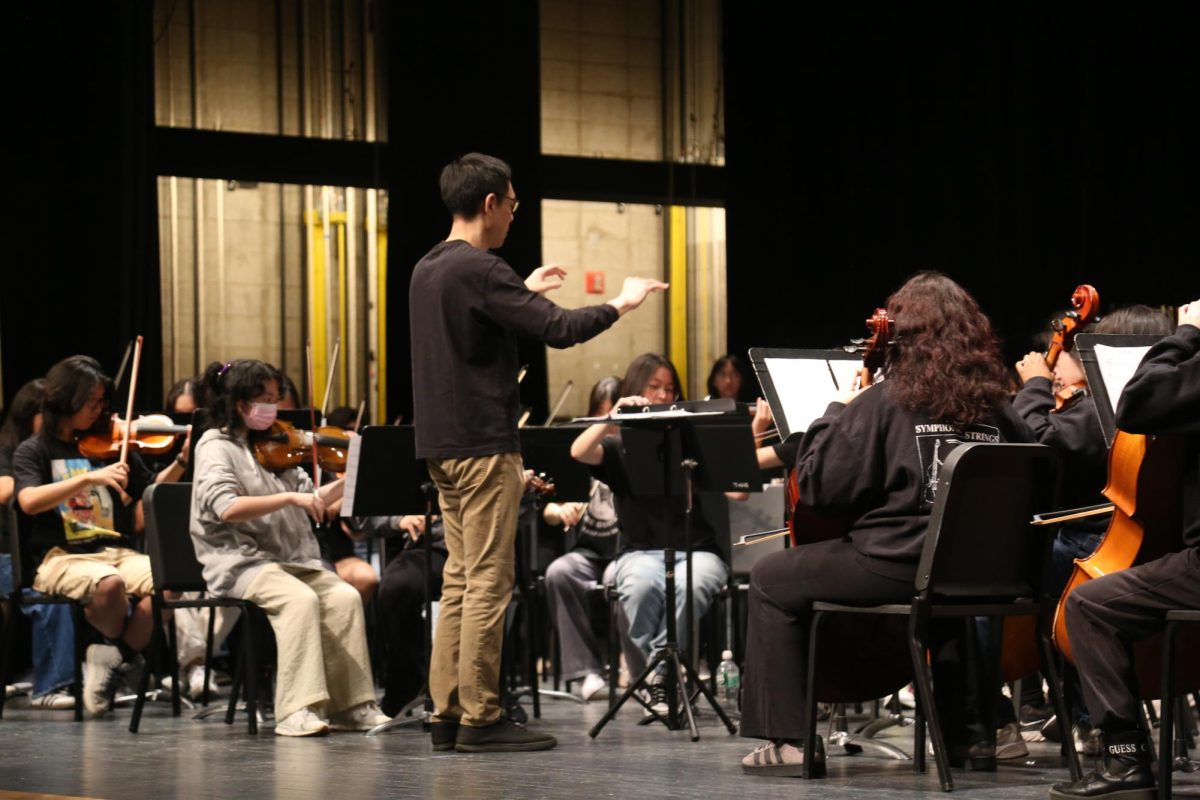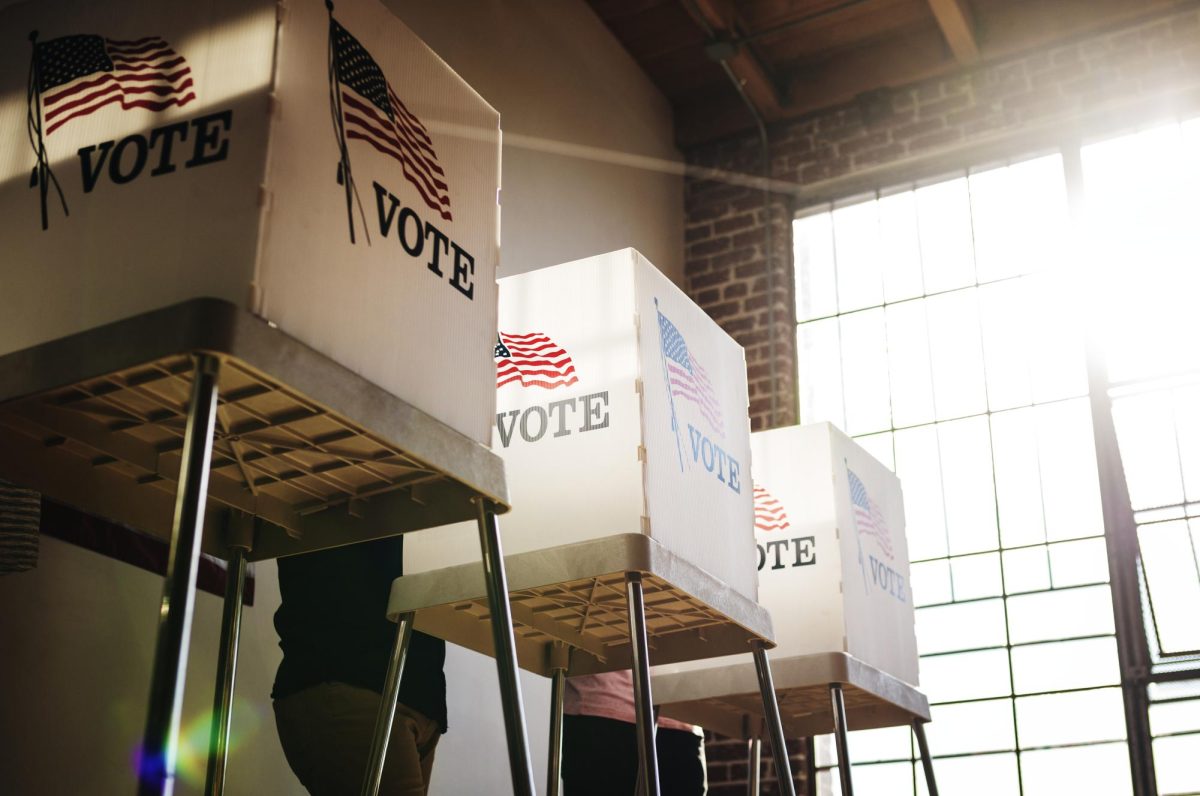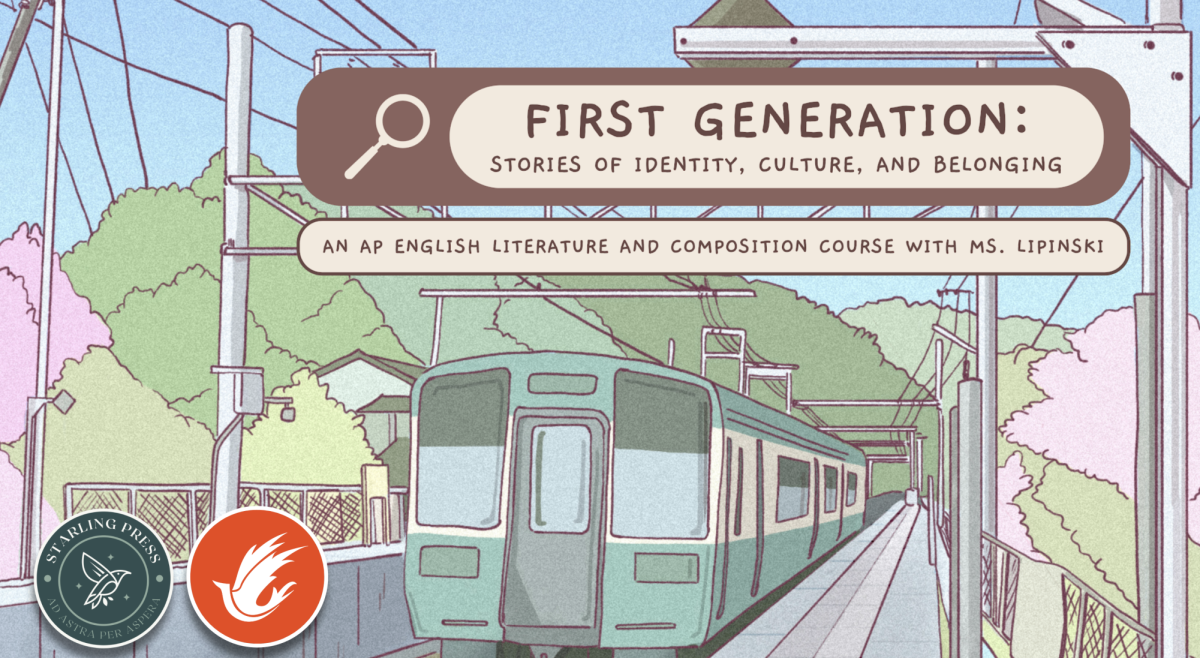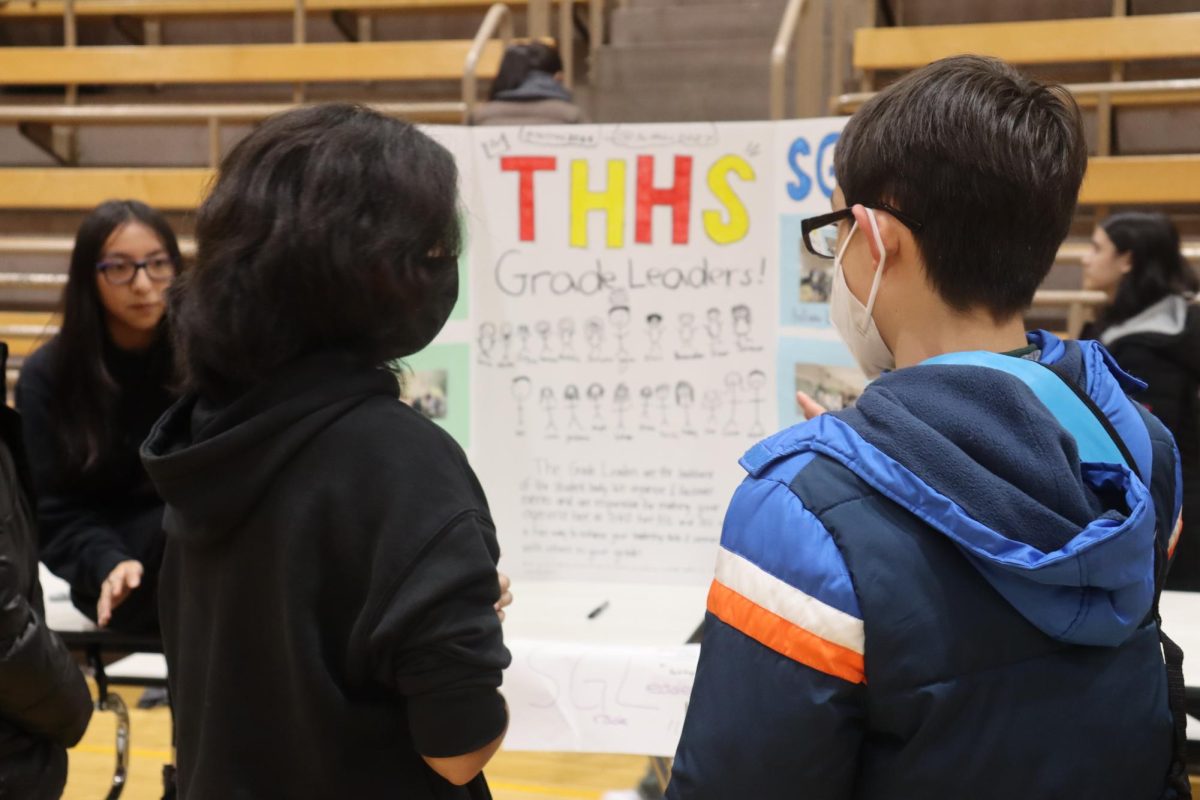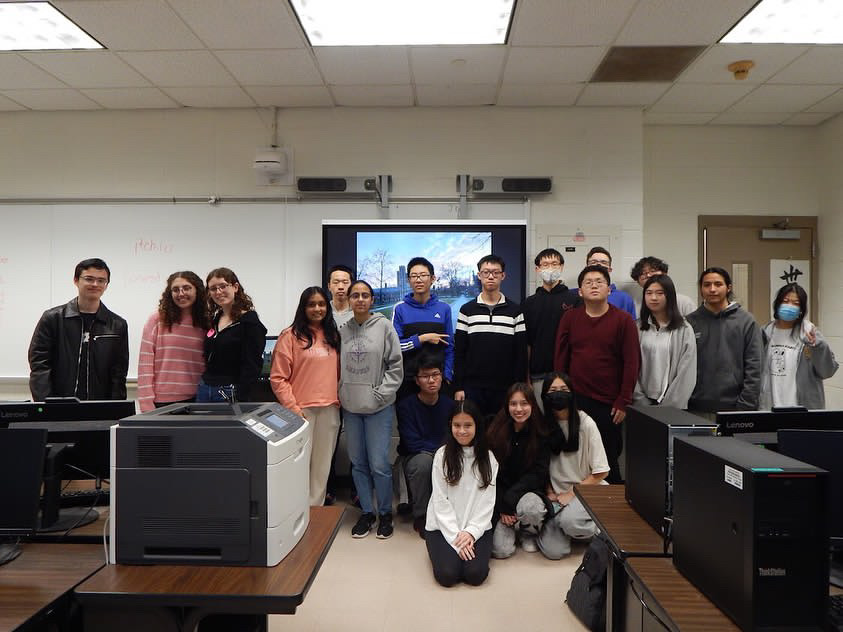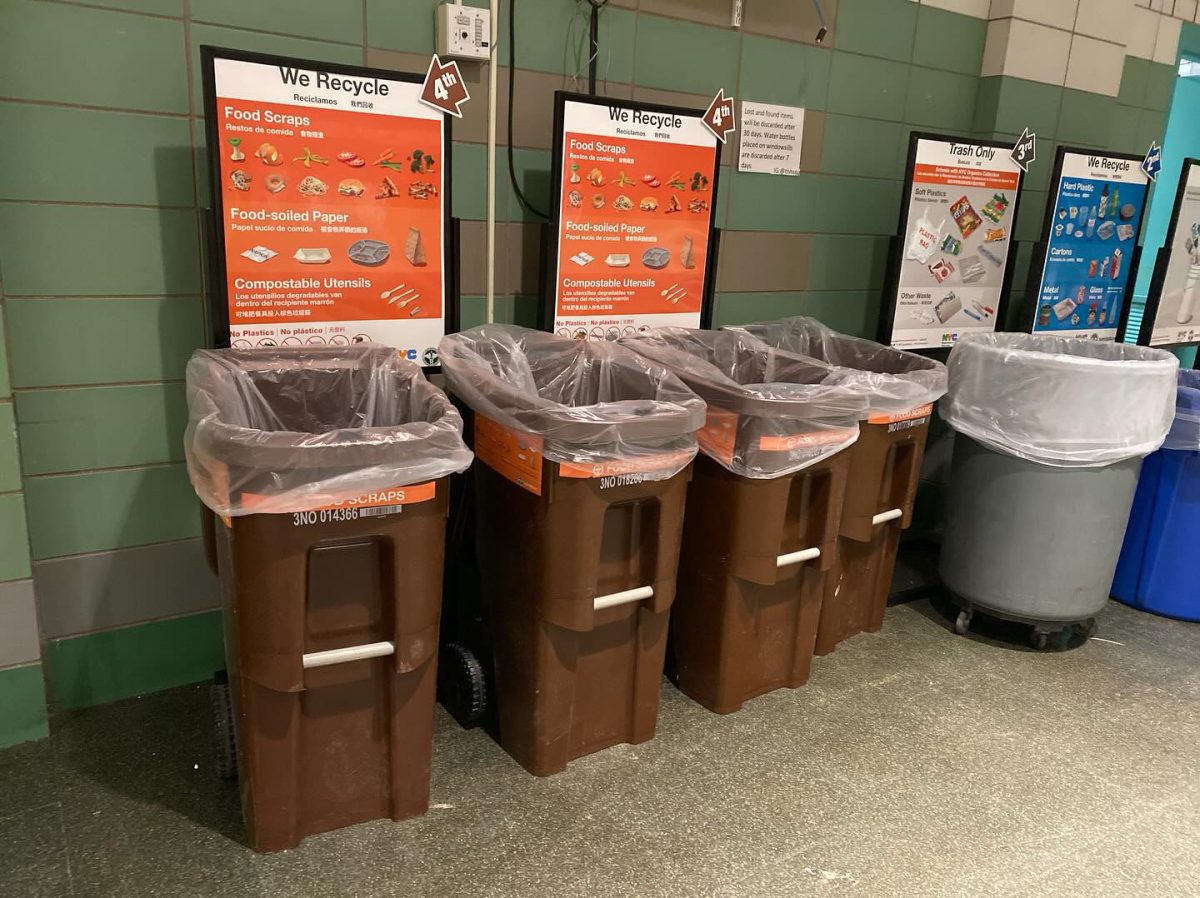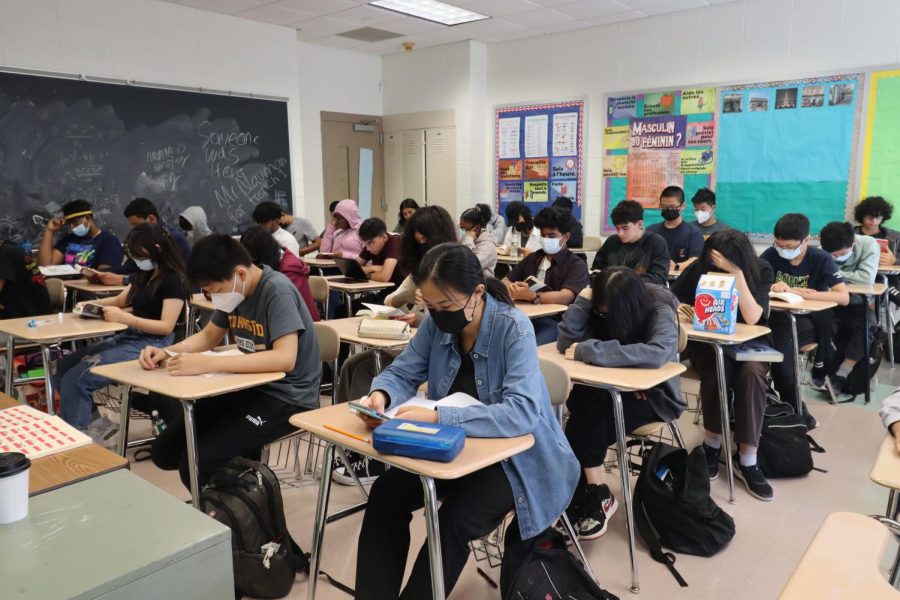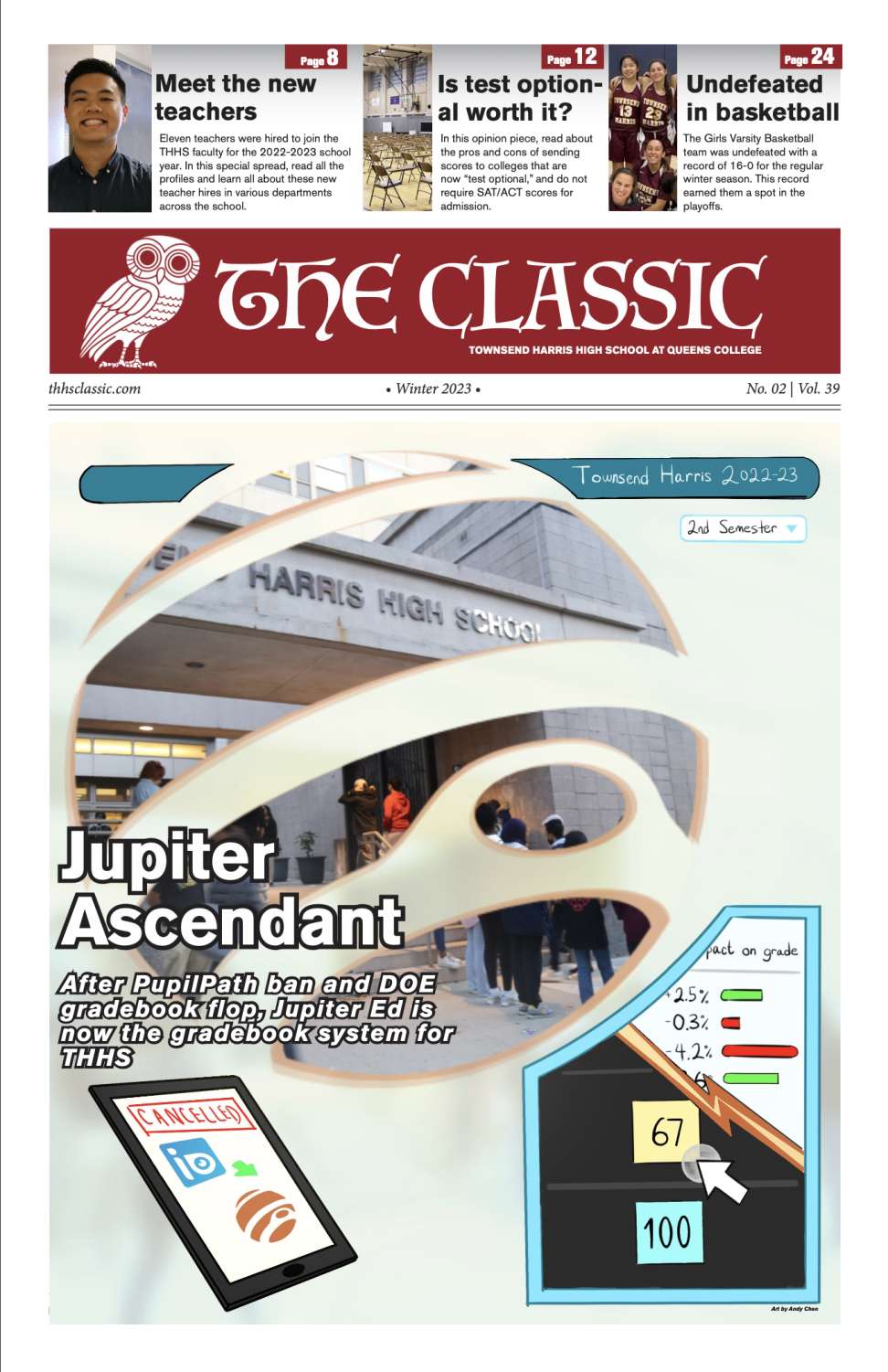
Any Townsend student would agree that the college admissions process is stressful. Students’ academic potential is reduced to numbers and they are made to feel like mere cogs in an enormous machine. Yet, one organization has a stranglehold on the process, abusing the hopes and dreams of young people across the country in order to make money: the College Board. For years, it has taken advantage of students, families, and schools by perpetuating a corrupt cycle, forcing students to spend considerable amounts of time and money just in the hope of going to college. This system turns college admissions into a battle of money and privilege, while stressing students out when their mental health is most vulnerable. The coronavirus crisis only exacerbates these structural problems. While the College Board has made some half-hearted attempts to address these concerns, it is clear that the system itself is in dire need of reform.
The College Board was originally created to bring fairness to the college admissions process. Before its founding in the early 1900s, colleges usually accepted students from prestigious prep schools, leaving poor students at a disadvantage. New tests, referred to as the “college boards”, were designed to correct this, providing a standard for academic merit. Later, with the advent of IQ tests, the College Board tests took on a new purpose of identifying students with “innate” talent, and the first SAT was implemented in 1926. Many, including the SAT’s creator, saw it as a way to promote false theories of racial superiority and prevent “undesirable ethnicities” from going to college. It is important to recognize the competing influences in the creation of the College Board–egalitarianism and meritocracy versus White supremacy and elitism–to truly comprehend its legacy.
Today, the college admissions process has become a pay-to-play game. Exams themselves come with exorbitant fees. Most Advanced Placement (AP) tests cost $95, and many Townsend students take up to five APs during their time here. Although New York City students were refunded for the cost of APs taken this year, the College Board is still getting its cut from the Department of Education, at a time when it is strapped for cash due to budget cuts. Not only do students need to pay these ridiculous prices to take rigorous classes at school, but they must also overpay to take admissions tests that are required by most colleges. In 2016, 54% of colleges and universities rated the SAT and ACT as “considerably important” in the admissions process, and an even higher number required test scores to be submitted. While that number has gone down due to the current pandemic, the SAT is still a major part of many college applications. SATs with the essay are $60 each, but there are also many additional fees. Signing up late or changing locations? That’s another $29. Sending scores? Another $12 per college. Need to take a subject test? Another $26, plus $18 for each subsequent test on the same day. It’s easy to see how these costs add up.
However, this is not the only way College Board makes money. While they claim to not sell student information, they allow colleges and universities to pay a “license fee” to access student information (this is the “Student Search” box on the answer sheet). Selling a license fee for student information to colleges is not fundamentally different from selling student information–in fact, that’s exactly what it is.
This fee-seeking behavior might be expected from an airline or cable company, but not from a nonprofit organization nominally intended to benefit low-income students. While it portrays itself as a charitable service, this image is far from the truth. The College Board makes over $800 million in annual revenue. Their CEO earns a salary of about $750,000, and executive compensation is on average $300,000. There’s nothing wrong with trying to retain talent, but this comes at a cost to thousands of students and their families.
This is all before the cost of prep is even considered. Companies such as The Princeton Review, Barrons, and College Board itself sell books and courses to help prepare students for the tests. Initially, schools by themselves provided adequate (and free) SAT preparation, and the College Board stated that additional prep was not necessary, but today some topics such as grammar, which makes up a quarter of one’s SAT score, aren’t prioritized in most schools. As a result, test prep is a must. This further exacerbates inequalities in the education system, as wealthier parents can afford to spend more. Some families spend as much as $10,000 on SAT prep. Working families must either bear this exorbitant cost or forgo this opportunity. The College Board’s own statistics show that students with a household income above $200,000 score, on average, almost 200 points higher than other students. (This again ties back to costs of tests as well, as retaking is proven to increase scores.) Additionally, there is a racial score gap between White and Black students (even adjusted for income differences). The SAT has become less a measure of one’s intelligence or ability to succeed in college, and more a reflection of a family’s socioeconomic status. Education should promote social mobility, but our current system makes it hard for students to achieve the American dream.
The College Board tests now amplify inequality, disadvantaging marginalized communities rather than helping them. But why should the College Board change if it has no competition? The ACT nominally offers an alternative, but in reality, each holds a monopoly on its own region of the US. In addition, the International Baccalaureate (IB) program is not nearly as widespread as AP courses in America. Without a doubt, this is a complex issue. However, the coronavirus pandemic has led to many colleges waiving SAT requirements and the College Board canceling test dates. Many seniors have opted not to take a standardized exam at all. As with other issues, we must reform rather than simply returning to “normal” after this crisis. First, student privacy must be protected. Moreover, there must be a national education policy to rein in costs of College Board exams, either making them free or low-cost. The costs can be subsidized by the government, but limits must be placed on CollegeBoard executive compensation. Additionally, there must be a free test-prep option–both online and in-person (while the Khan Academy partnership is a step forward, it leaves out the millions of students without internet access and has some shortcomings) Finally, school curricula must align more closely with SAT content matter. Simultaneously, structural inequality must be dealt with to effectively combat this problem at its roots. Nevertheless, the first step to a fairer education system is recognizing the failure of the current College Board monopoly.




